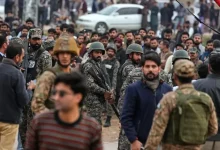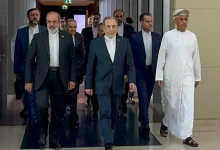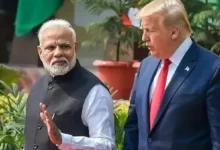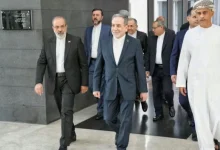Saudi Shield: Pakistan’s Bold Claim on Nuclear Backing in Face of Indian Threat
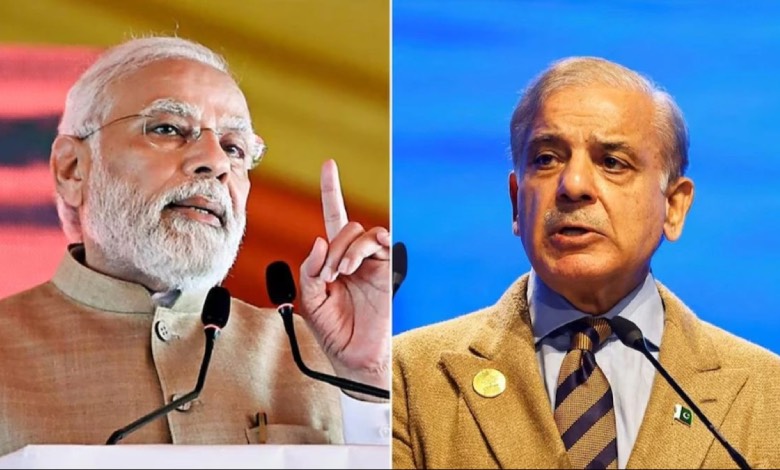
Pakistan’s Defence Minister Khawaja Asif has asserted that Saudi Arabia stands ready to provide military support to Islamabad should India initiate hostilities, underscoring the robust terms of a freshly inked mutual defense pact between the two nations. Speaking to journalists on Friday, Asif highlighted the agreement’s “strategic mutual assistance” provisions, which were formalized during Pakistani Prime Minister Shehbaz Sharif’s recent trip to Riyadh.
In an interview with Geo TV, a prominent Pakistani news outlet, Asif affirmed the commitment without reservation. “Yes, absolutely. There is no doubt about it,” he stated, likening the arrangement to NATO’s Article 5, which treats an assault on one member as an attack on the entire alliance. He emphasized that the pact is strictly defensive, aimed at countering external aggression rather than enabling offensive actions. “If there is aggression, whether against Saudi Arabia or Pakistan, we will jointly defend against it,” Asif explained.
Addressing concerns in a separate conversation with Reuters, Asif reiterated the pact’s protective intent. “We have no intention of using this pact for any aggression,” he said. “But if the parties are threatened, then obviously this arrangement will become operative.” A core element of the deal, as previously detailed by NDTV, declares that “any aggression against either country shall be considered an aggression against both.”
Asif further revealed that Pakistan’s nuclear arsenal—estimated at 100 to 120 warheads—would be accessible to Saudi Arabia under the agreement, despite Islamabad’s official policy limiting their deployment to threats from India. “Our capabilities will absolutely be available under this pact,” he noted, adding that Pakistan has consistently permitted international inspections of its nuclear sites without incident.
A high-ranking Saudi official, responding to queries from Reuters about whether the deal implies a Pakistani “nuclear shield” for the kingdom, described it as “a comprehensive defensive agreement that encompasses all military means.”
The accord has drawn scrutiny from New Delhi, where officials characterized it as codifying an existing relationship between Pakistan and Saudi Arabia, with ongoing assessments of its ramifications. As NDTV reported earlier, India’s Foreign Ministry expressed hope that Riyadh would weigh shared interests in the partnership.
Experts cited by Reuters view the alliance as a strategic fusion of Saudi financial resources and Pakistani nuclear prowess, benefiting both parties. For Pakistan, it promises substantial economic support and potential broader ties with Arab states. For Saudi Arabia, it offers a deterrent against regional foes. Asif hinted at the possibility of expanded cooperation, stating, “The doors are not closed,” while cautioning against speculation on a wider “Arab alliance.” He framed such collaborations as a “fundamental right” for the involved nations and their citizens.
This development places Pakistan’s nuclear capabilities squarely in the Middle East’s security dynamics, as outlined in NDTV’s prior coverage, and is likely to heighten vigilance from actors like Israel—the region’s sole acknowledged nuclear power—and Iran.

